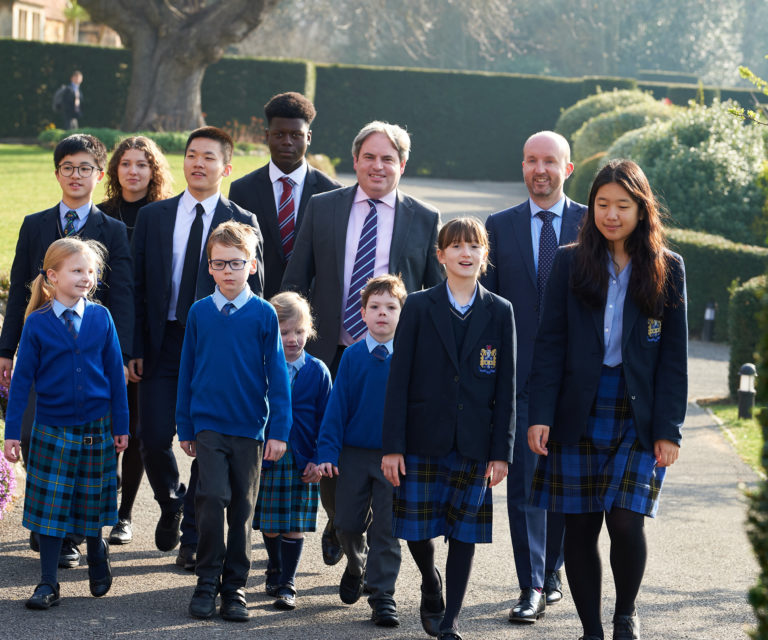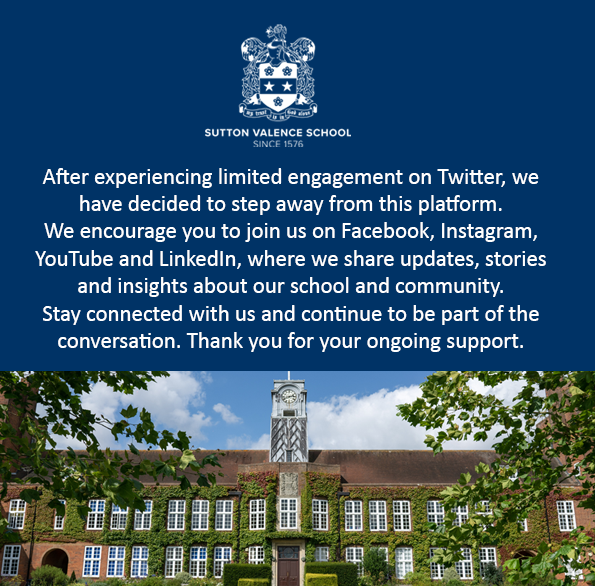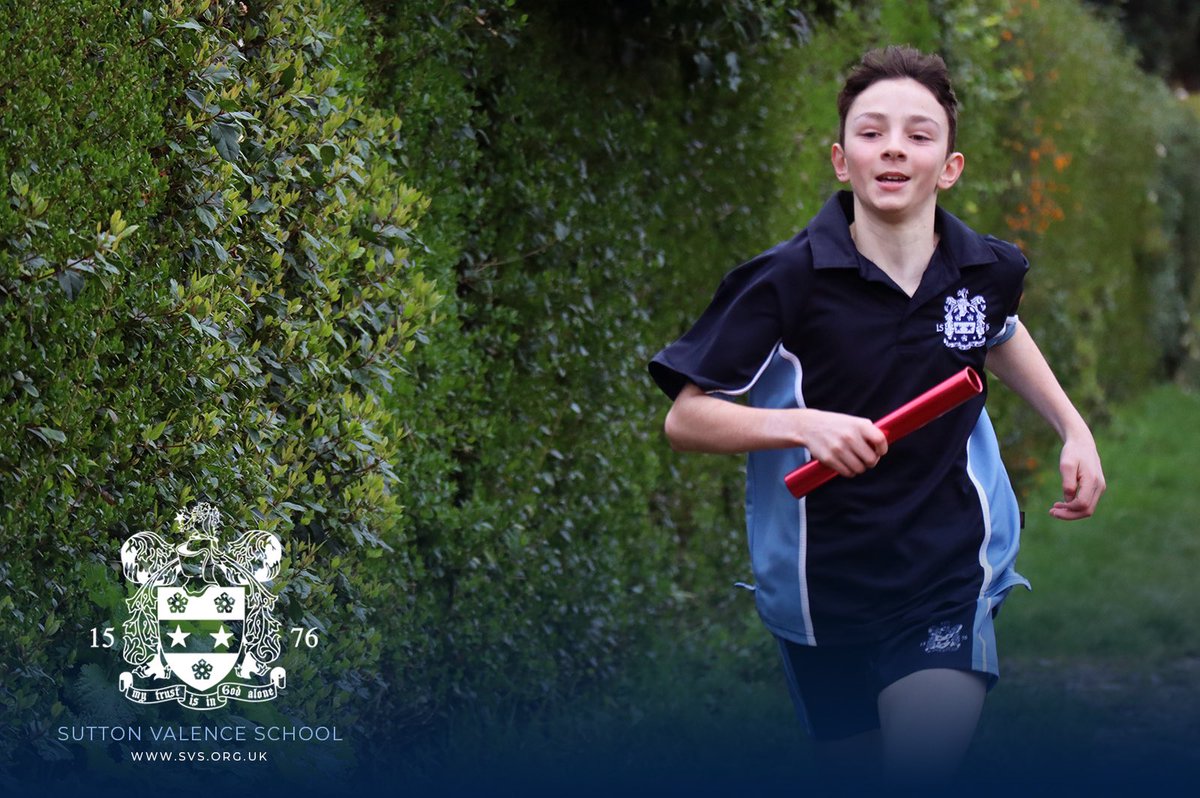So, what is resilience? Resilience is the ability to bounce back from stress, adversity, failure, challenges or even trauma. It is not something that children either have or do not have; it is a skill that children develop as they grow.
At SVPS, we offer opportunities for children to take healthy risks. We nurture curiosity, bravery and the ability to trust their own instincts. Our children are constantly being encouraged to act independently and to use their own initiative. In Nursery this week, our youngest children are coming in to School, saying ‘goodbye’ and regulating their own emotions, knowing that they are safe, with the expectation that they will be happy at School and they will always have a fun day with Mrs McInerney and the Nursery team.
All the staff at SVPS understand that resilient children are more likely to push themselves, stepping outside of their comfort zones; helping them reach goals and problem-solve independently. In Forest School this term, Mrs Langridge has introduced knives (don’t worry, parents; very well supervised!) to whittle sticks to make marshmallow skewers. Of course, risk-taking does not always need to involve danger. Indeed, risk-taking really means encouraging a child to go out of their comfort zone. This term, we were delighted to see how smoothly the children have managed the class changes in Pre-Prep; making new friends in their next class and learning to strike up a conversation on the playground. In addition, the move to a new classroom environment has been successfully navigated.
As teachers, we work hard to promote resilience in the classroom. When a child comes to an adult to solve their problem, the quick and simple method would be to tell the child the answer. However, the strategy we use is to ask questions. By bouncing the problem back to the child with questions, the teacher helps the child think through the issue and come up with their own solution.
We all know that the best way to teach resilience is to model it. Showing our children that we can cope with problems independently, using our own initiative and sometimes showing them that we too, make mistakes, is important. So, the next time you have an opportunity to take a safe risk or do something new; go for it! Your children are watching and learning from you; you are their first and most fundamental teacher.





